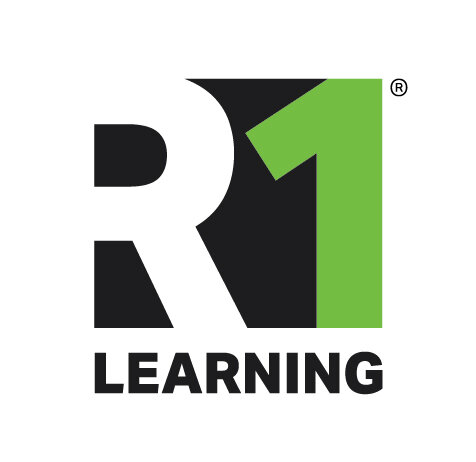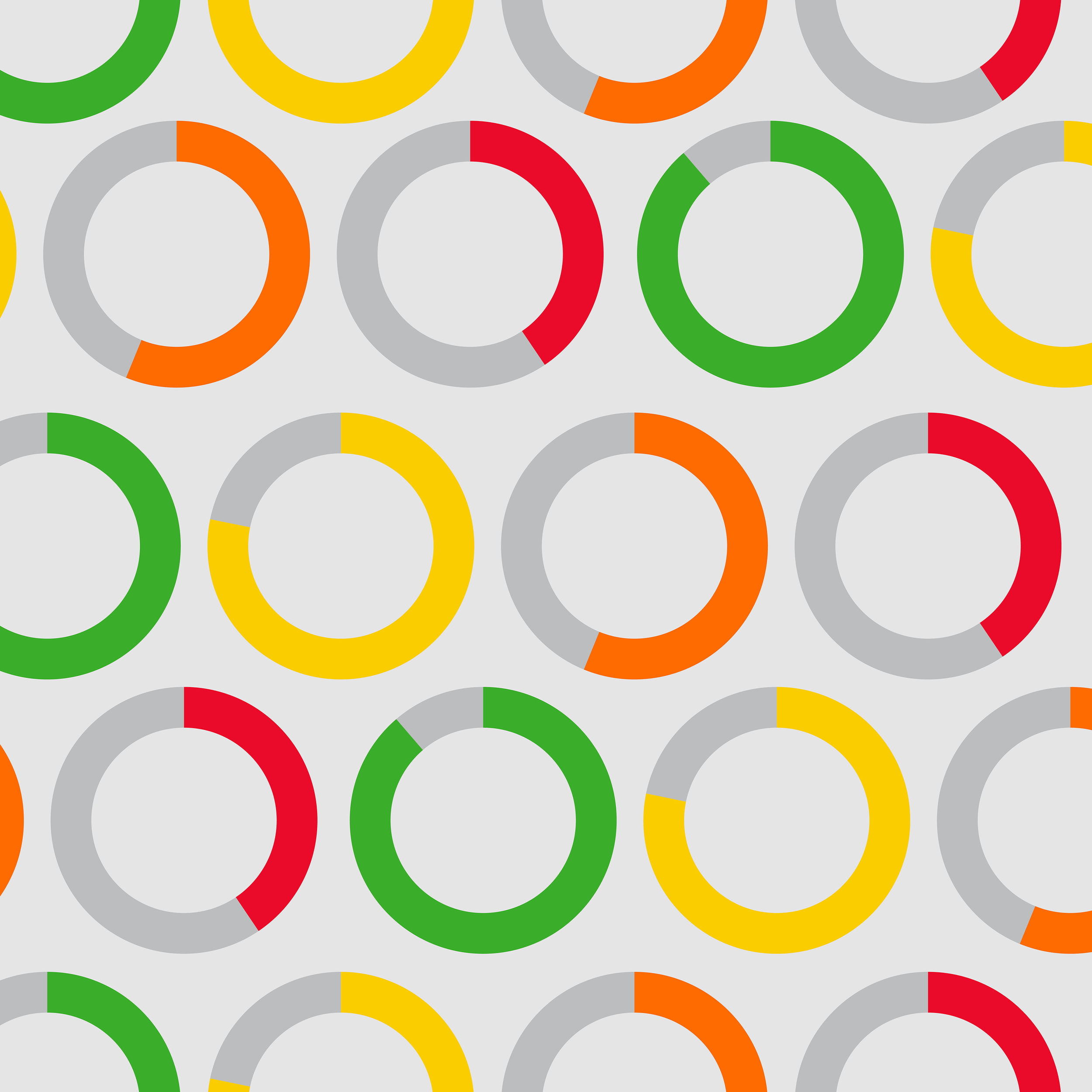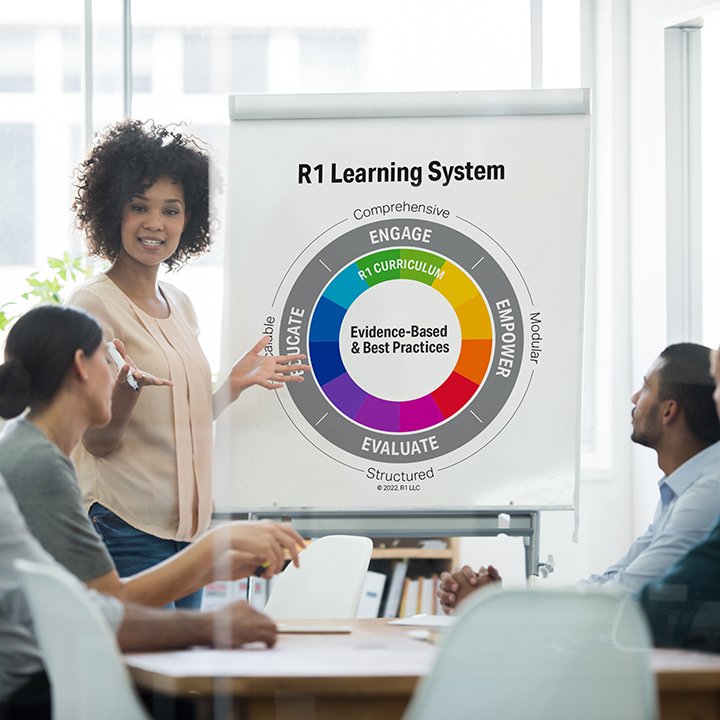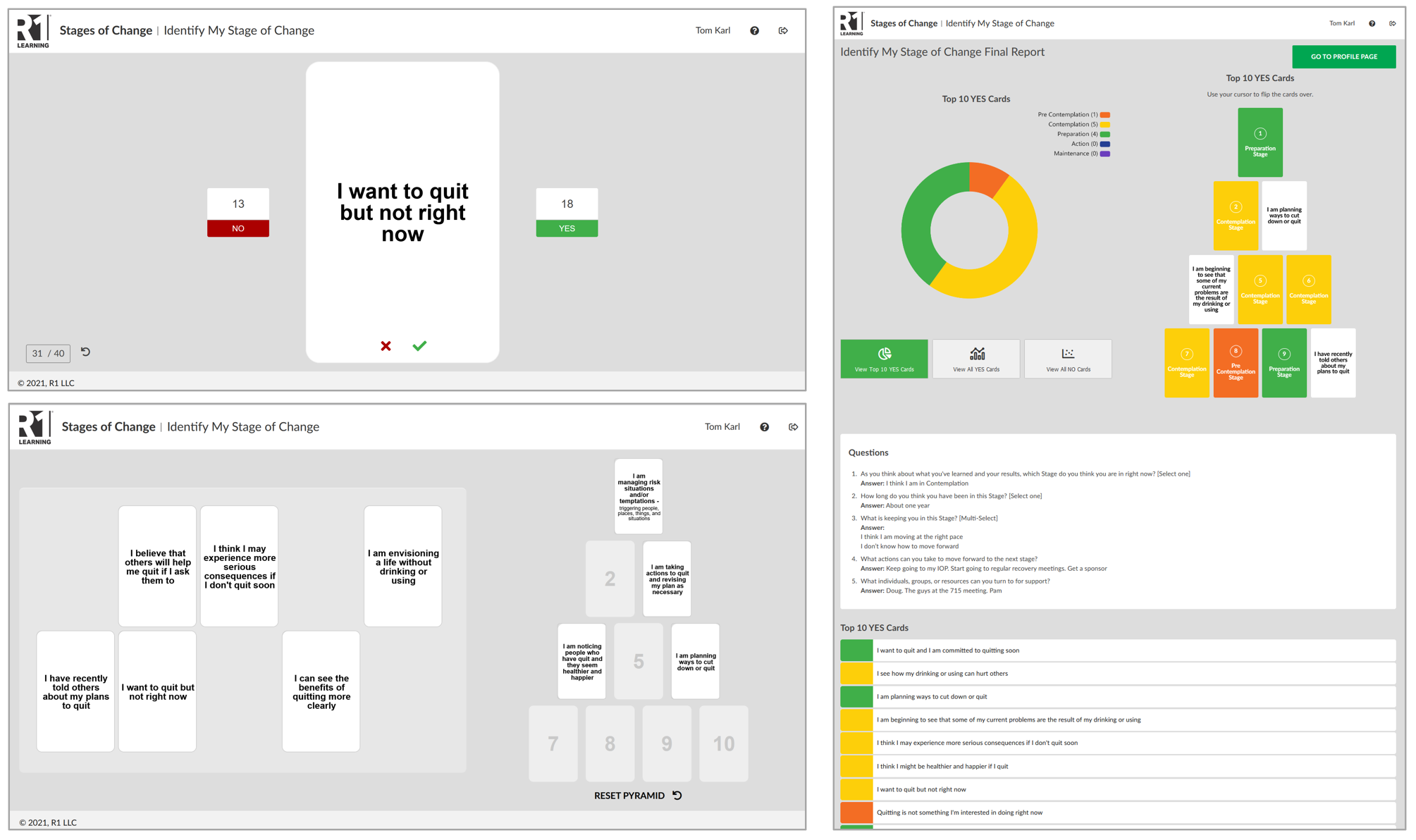How Effective Is Your Curriculum? Explore the 5 Es for Differentiating Your Program
Research shows that evidence-based practices deliver greater outcomes for individuals and programs in behavioral health settings. But these practices can only reach their full potential when people are engaged with learning and utilizing these best practices.
Curriculum design and development is a discipline onto itself. Training and development is an industry with subject matter experts, best practices, and professionals skilled in the craft. What was once a side role for a practitioner who wanted to piece together a curriculum for the team will now become a key differentiator for programs who are serious about standardizing psycho-education for the purposes of learning, training, and measuring outcomes.
So what questions are you asking yourself and your team as you decide your strategy for the next twelve to twenty-four months? The purpose of this post is to get you and your team thinking about this in a structured way. The 5Es are a framework to explore some of the basic questions on the path toward curriculum standardization. Examine each area and answer the Questions to Explore at the end of this post. Do this for yourself, or better yet, as a team exercise as part of a staff meeting. Reach out if you have any questions along your path as R1’s mission is to improve the behavioral health industry through learning best practices.
1. Engagement
Engagement cultivates a sense of belonging; a belief that the learning is applicable to my situation, that it has value, and will help me to produce positive outcomes. Engagement refers to the degree of participation, attention, curiosity, interest, optimism, and passion that people show when they are being taught and are learning. Learners who are inquisitive, interested, and inspired tend to learn more.
Does your curriculum reach multiple learning styles - visual, verbal, auditory, kin-esthetic (tactile), and logical learners?
Is your curriculum activity-based and experiential enabling individuals to relate to their own unique situations and circumstances so they can internalize what they are learning?
Do your practitioners have the facilitation skills to engage individuals versus lecture format only (talk at them)?
2. Evidence-Based
Effective programs use evidence-based behavioral treatments, fully and properly implemented, and used with ongoing fidelity to the research evidence.
How does your curriculum use evidence-based or best practice models and theories? Have you explored supplemental tools to bring your existing curriculum to life without compromising its fidelity?
How does your curriculum map to SAMHSA competencies or other evidence-based curricula?
Do your practitioner know, understand, and share evidence-based practices, theories, and experts with individuals in sessions?
3. Education
Education is a discipline that has best practices based on theoretical concepts. Psycho-education is not just about having the group discuss a topic, but about presenting and facilitating subject matter so that the learners process, comprehend, apply, and retain key information.
How was your curriculum developed? Is it an older, prescriptive, or a worksheet driven model? What are the pluses and minuses of your current state?
How is your curriculum structured? Do you have a formalized curriculum map for each of your programs complete with standardized formats, learning objectives, and outcome measures based on Bloom’s Taxonomy?
How effective is your team at delivering your curriculum in both in-person and virtual settings? How do you train your workforce as they onboard your programs?
4. Empowerment
Enabling individuals to build the skills for change is the goal of well-designed educational programs. Empowering individuals to own and take charge of their mental, physical, and emotional wellness is a by-product of self-discovery, goal setting, and the practice of new responses and behaviors toward change.
How does your curriculum enable individuals to self-discover where they are in topical content, evaluate situations and circumstances, and contemplate new responses?
Do your practitioners tell individuals where they are or do they help guide them to their own answers through self-reflection and motivational interviewing?
Do individuals leave your program with new insights and plans that they have created, own, and see as their roadmap toward change?
5. Evaluation
Metrics matter. Evaluating the outcomes of your curriculum and broader program is no longer a nice-to-do, but becoming a requirement for measuring outcomes for value-based care. What are you measuring? Why are you measuring it? How are you measuring it? How are you using the information to improve outcomes? These are the questions and conversations at the center of behavioral health.
How can improving program evaluation metrics become a differentiator for your program, improve care, engage individuals into service, and attract the best practitioners in the field?
Do you have state-of-the-art technology tools that enable you to capture date more easily? Are you building these tools internally or are you looking externally for experts in technology and outcomes measurement?
Do you have a program measurement and evaluation strategy for the next one to three years? How will you best get started?
Questions to Explore
Answer these questions for yourself or as a team.
Who are the most important stakeholders to engage in your organization as you think about enhancing your curriculum and measurement tools?
Who do you see including from a variety of stakeholder groups… practitioners, operations, technology, finance, compliance, nursing, and leadership? Others?
How can you enhance what you’re already doing with supplemental curriculum versus a full replacement strategy?
How can you easily explore new technology solutions to bring experts from the outside in to spark new ideas and present proven cost effective options?
How can you build the business case to secure internal resources and budget to support your ideas and plans?
R1 Coming Online - Summer 2021
R1 Video Library - Play Video Now
R1 Interactive Online Tools
Copyright 2023 R1 Publishing LLC / All Rights Reserved. Use of this article for any purpose is prohibited without permission.
Engage, Educate, and Equip Your Practitioners
The R1 Learning System and the Discovery Cards Group Kits enable programs to implement workforce training programs strategically. Contact us to learn more about how to best implement the R1 Affirmations topic in your program, train your team, and engage clients in service. Visit the R1 Store to learn more about our training, tools, and technology resources. The Discovery Cards are an amazing tool for exploring these topics with individuals or groups.
Here are a few ideas to help you learn more about R1 and engage others on this topic:
Share this blog post with others. (Thank you!)
Start a conversation with your team. Bring this information to your next team meeting or share it with your supervisor. Change starts in conversations. Good luck! Let us know how it goes.
Visit R1LEARNING.com to learn more about R1, the Discovery Cards, and how we’re creating engaging learning experiences through self-discovery.











